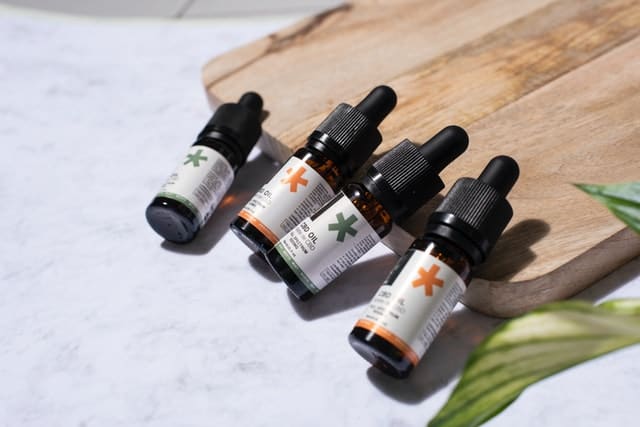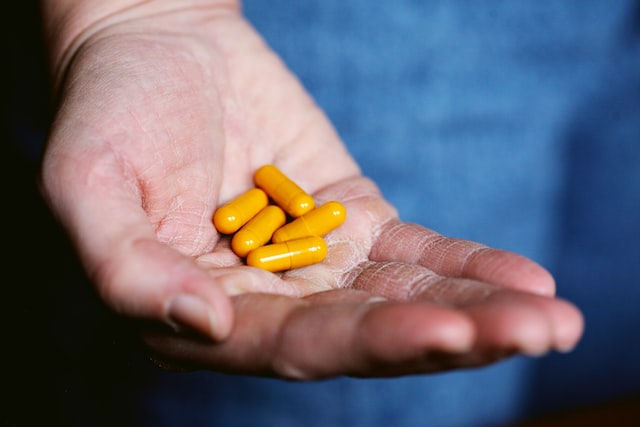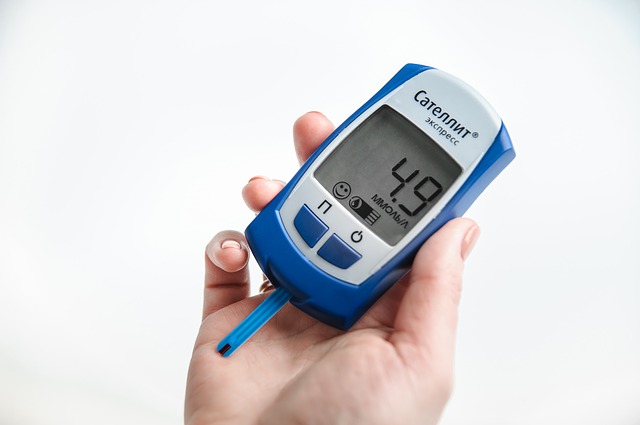
As marijuana, became more legal and socially acceptable, it has garnered a lot of attention regarding its impacts on our health. Hemp plant is a cousin of marijuana, with less THC, the psychoactive chemical naturally occurring in pot, but higher concentration of cannabidiol (CBD).
Hemp oil does not produce a high for people, but it is said to be able to treat a number of ailments, including chronic pain, anxiety and depression. Although it is edible and can be used as cooking oil, note that it has a very low smoking point, at 330 ℉. Therefore, it is not good for frying or grilling, but best used like extra virgin olive oil, with a similar smoking point.
Contents
Another way of consuming hemp oil is to apply it on the skin or take it orally under your tongue using a dropper. In these ways, the effective substances in the oil gets absorbed directly into your blood vessels. Generally, it is recommended that you take between 2.5 to 20 mg of this oil per day. Hemp oil has increasingly been hailed as remedies or prevention for diseases like Alzheimer’s disease, epilepsy, inflammatory diseases, and even heart conditions. Although not conclusive, the research so far is at least hopeful.
But what about diabetes, another one of the most common chronic health struggles in the US? There have been claims on hemp oil’s beneficial effects on diabetes in the recent years, and in this blog post, we are taking a closer look at the benefits and risks of taking hemp oil if you have diabetes.
Hemp oil is mainly polyunsaturated fat
We know that saturated fats are bad for our health in general, especially our cardiovascular health. One could only imagine their damage on diabetics who tend to have an elevated risk of developing heart diseases. For this reason, it is very important that diabetic people keep their diet as low in saturated fat as possible, which is why such dietary regimes as Mediterranean diet is among the recommended diets for those with diabetes.
Hemp oil contains 76% polyunsaturated fat, making it a good candidate for incorporation into a diabetes-conscious diet. In a systematic review published in 2019, scientists found definite proof of polyunsaturated fatty acids having beneficial effects on blood cholesterol and preventive effects on deaths from cardiovascular diseases.
In the same review, the authors also looked at potential benefits of polyunsaturated fat on glycemic regulation in diabetic patients. However, only some of the studies reviewed showed promise, while others showed a lack of effects.
Hence it might be sensible to conclude, for now, that hemp oil might have some protective effects on high cholesterol and heart disease, but as far as glycemic regulation in diabetes goes, the verdict is still out. But that is not to say hemp oil has no direct benefits whatsoever for you if you have diabetes.
Hemp oil is a rich source of Omega-3 fatty acids
Hemp oil has both Omega-6 and Omega-3 fatty acids, and research shows that the ratio between these two fatty acids is important for our health. Specifically, a 3:1 ratio in Omega-6 to Omega-3 relative proportion might help you with reducing inflammation. This ratio is exactly what is present in the hemp oil. Omega-3 fatty acid, by itself, has been found to prevent heart disease, and as already mentioned, diabetes often comes with elevated risk for developing cardiovascular diseases.
Furthermore, Omega-3 has direct benefits for diabetes as well. More specifically, it has been found to lower your body’s resistance to insulin activities. Inflammation, heart disease, and insufficient insulin activities—these are some of the most common culprits we hear about when discussing diabetes. From this perspective, it does look like hemp oil has gained a favourable point in the battle against diabetes.
Hemp oil: Concerns

There is a system within our bodies called the endocannabinoid system, which is believed to have a significant role in modulating the body’s response to insulin activities. However, this effect on the body’s response to insulin is not always positive, or even predictable, for that matter. According to some experts at Healthline, the way endocannabinoid system impacts insulin activity could be either positive or negative randomly.
Obviously, this does not bode well for those with diabetes. Insulin sensitivity impacts the blood sugar level and diabetes is a disease where insulin activity is insufficient. Although not downright harmful, taking in hemp oil, thus activating the endocannabinoid system, could make your blood sugar level afterwards unpredictable.
We all know facing unpredictability in our health in itself can be very unnerving, diabetes or not. This kind of stress, given what we have discussed about the cardiovascular risks diabetic people face daily, in itself is not good for their health. Hemp belongs to the cannabinoid family, and it looks like as far as blood sugar level and insulin sensitivity go, more research is needed before a conclusion could be made, although what we know thus far seems to tilt in the direction of caution.
Indirect impacts of hemp oil
Although evidence on the preventive effects of CBD—a substance hemp has lots of—on diabetes is lacking in humans, there have been studies that found promising results in animal trials. In 2006, researchers found that mice with risks for developing diabetes but not obesity ended up less likely to actually develop diabetes after a treatment with CBD.
Given the past successes we have had with transferring knowledge gained in mice trials to humans, especially when it came to neurobiological activities, such as addiction mechanisms and pleasure centre, we can expect some kind of conclusion drawn from the animal trials in the future.
On the more human side of things, a doctor onboard with Healthline also pointed us to the potential beneficial effects of CBD on nerve pain. In a 2017 study using rats, the researchers found that during early phases of inflammation due to osteoarthritis, the administration of CBD had prevented further nerve damage and alleviated the pain associated with the conditions.
Even though this pain-relieving effect was also found in rats, not humans, the researchers provided sufficient reasoning for translating this effect to human experience. Besides, it has been known that cannabis helps pain relief when smoked in weed form. Since pain relief is not one of the effects of the “high” experienced when taking in the psychoactive THC component, we might reasonably infer that it is due to the effects of CBD, which comes in abundance in hemp plants.
Hemp oil’s grey areas

By now, it should strike you as no surprise that there have been a lot of interests in all kinds of health benefits associated with CBD plants such as hemp, yet most of the research in the area has been grey-area. Here are some more potential—not yet proven—benefits of consuming hemp oil.
In 2016, a study was conducted on the effects of CBD on cholesterol and found a small positive effect on the “good” cholesterol HDL. The study also found some favourable effects on other things impacting diabetic health such as appetite and insulin sensitivity.
Although there have been studies looking, none has been significant enough to tell us anything definite regarding CBD’s effects on blood glucose level. Regardless, the researchers suspect that it is likely to be a reductive effect for those with diabetes. But more evidence is needed before any well-informed recommendations may be made in this area.
Conclusion
In short, CBD, being one of the major ingredients in hemp oil that may have medicinal effects, we know very little about how it might impact diabetics. What effects we do know tend to be beneficial in a tangential manner, and is due to properties of hemp oil other than its CBD content.
One of the best qualities of hemp oil is its rich Omega-3 reservoir, which has anti-inflammatory properties, reduces the body’s resistance to insulin, and helps to prevent heart disease. Relatedly, hemp oil contains little to no saturated fat.
On the flip side, further confusion arises out of the fact that our body’s endocannabinoid system might be triggered by intaking CBD and cause our response to insulin unpredictable. Besides the obvious downside of potentially making diabetic’s insulin deficiency worse after consumption, there is also the stress about the unpredictability itself.
Although evidence is lacking, hemp oil as a potentially diabetic-health-promoting product still seems promising, and the better judgment on its use should be left to your doctor. If you do decide to add hemp oil to your daily supplements, there are a few ways to do so other than dropping it into your food. Some of the more popular ones include taking it under your tongue as a kind of oral medicine or applying it as an ointment to your skin, through which the oil will be absorbed into your bloodstream.
Finally, let us conclude with the most important takeaway here: Hemp oil’s health benefits have been reported largely as anecdotes so far, and scientific evidence is still lacking. So if you want to add this oil to your daily routine, proceed with caution and your doctor by your side.





